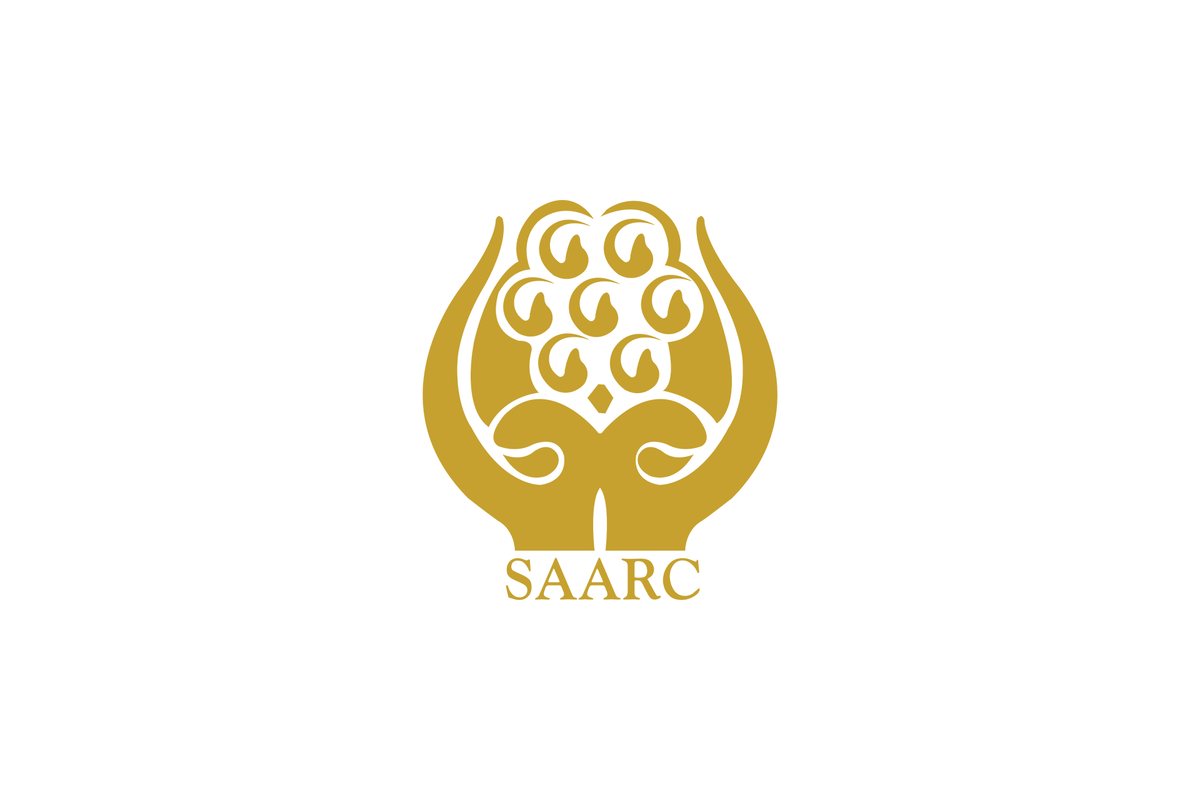
One of the key challenges that states face across the globe is how to effectively deal with Collective Goods’ Problems. It’s a concept in International Relations. IR scholars can make a better sense of it; however, let me decode it for a better understanding of readers. The Collective Goods’ Problem refers to that problem which states collectively face and in the resolution of which all states have stakes; however, not all states put their expected share in the resolution of that problem, as at a point in time, taking a step for the resolution of any collective problem may jeopardise a state’s vested interest.
So, in simple words, the Collective Goods’ Problem is a clash between collective interests of the states and their individual interests. Its examples across the globe in recent history can be seen in a hesitant collaboration among states in dealing with global issues like climate change, the refugee problem in Europe, nuclear proliferation, rising waves of populism and the growing sense of discontentment in the South in the wake of globalisation.
South Asia is not immune to Collective Goods’ Problems. Faced with the issues of overpopulation, rising levels of economic marginalisation, climate change and bilateral rivalries between states especially the long-standing issue of Kashmir between Pakistan and India, the whole region is facing a lot of collective problems where member states need to play their role for their resolution as a delay in this regard is pushing the whole region to pay a heavy price for it, maybe not in the short term but definitely in the long run. Theoretically, International Relations suggests three principles through which Collective Goods’ Problems can be resolved. These principles comprise Dominance, Reciprocity and Identity. “Dominance” says that powerful countries should decide the terms in dealing with collective problems. So in the case of South Asia, as per the Dominance principle, politically and economically strong countries should play their part proactively in the resolution of collective problems. “Reciprocity” says that states can solve collective problems through the principle of “Give and Take”. In other words, in dealing with any collective problem, states can incentivise cooperation of member states and disincentivise states for lack of cooperation. “Identity” says that states can solve a collective problem if they focus on their bigger identity instead of focusing on their individual identity.
Currently, of the above mentioned principles for the solution of collective goods’ problems, which principle can work effectively? That’s a question worth exploration; however, in reality, it seems that all of South Asia has failed in finding a way to solve its collective problems. In 1985, the region established the South Asian Association for Regional Cooperation (SAARC) for better integration in pursuit of peace and prosperity. SAARC has not been able to bring all the members on the same page and has not been effectively used so far for the resolution of perennial issues of South Asia. A lot of push-and-pull has been observed among member states in SAARC since its birth and this tug of war is more vocal between the leading giants of South Asia, which includes India and Pakistan because of having no common understanding over long-standing issues including Kashmir.
The last summit of SAARC was held in 2014 in Kathmandu, Nepal. In 2016, Pakistan was supposed to host the SAARC summit; however, India refused to be a part of it in the wake of Uri terror attack in Jammu and Kashmir. India not only boycotted the SAARC summit in 2016 but also diplomatically persuaded other members of SAARC, including Sri Lanka, Bhutan, Bangladesh, and Afghanistan, not to attend it. Since then, no SAARC summit has happened.
Pakistan intends to hold a SAARC summit during the first half of this year, with a key focus on the humanitarian crisis in Afghanistan. It’s encouraging on the part of Pakistan to welcome India in the upcoming 19th SAARC summit as Pakistan Foreign Minister Makhdoom Shah Mahmood Qureshi recently said in a press conference, “If India doesn’t want to participate in person, then it can attend virtually also, but they should not stop others from coming.” This SAARC summit is currently the need of the hour. There is a lot at stake in South Asia at the moment and SAARC can turn out to be the best platform not only for the resolution of various Collective Goods’ Problems but also it can be effectively used for regional cooperation, regional economic activity and regional trade.
All the member states in general and India and Pakistan in particular, should think about a better future for South Asia. It all depends upon how flexible we are in accommodating one another.
Source: Published in Express Tribune


